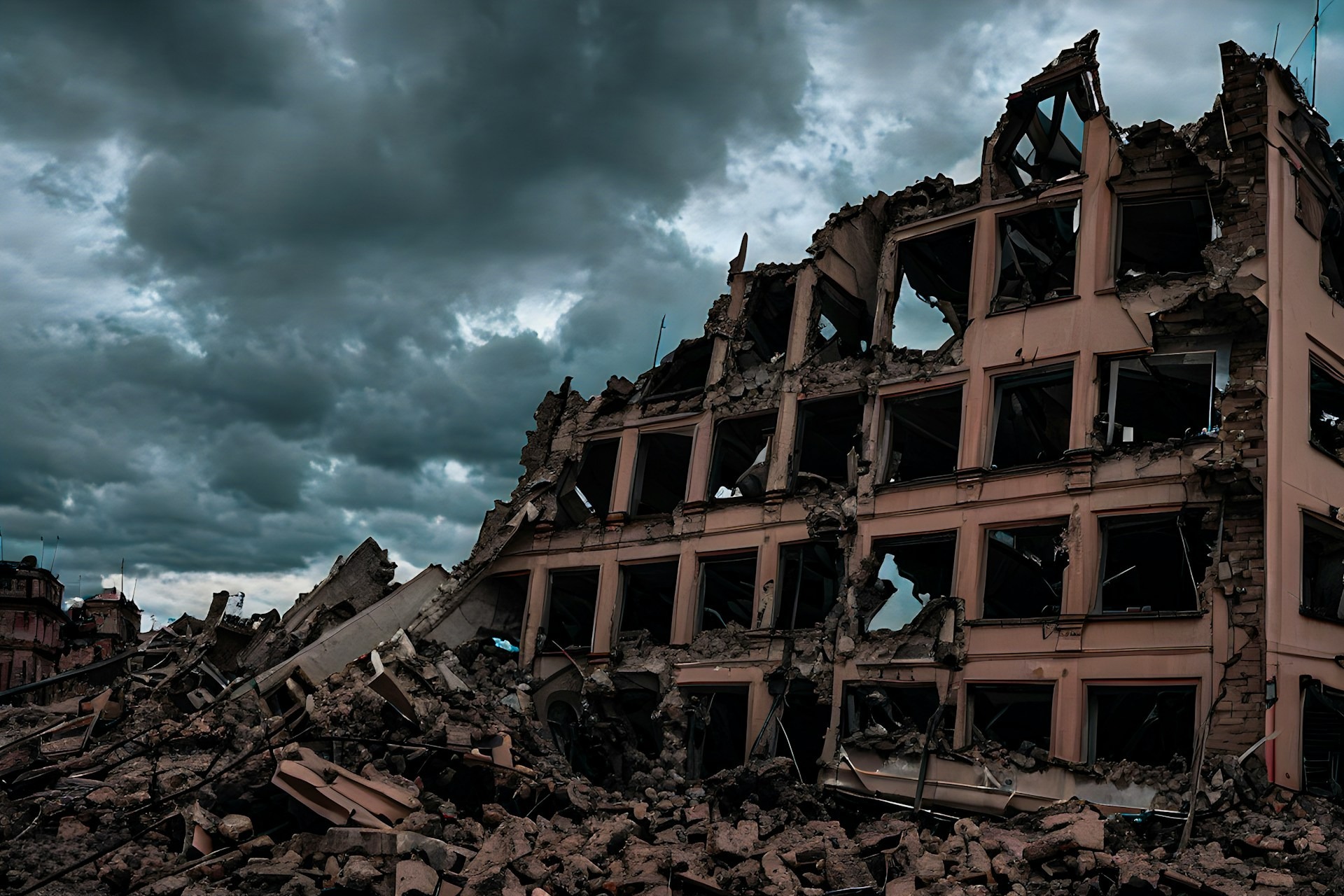
What is a war crime? Amid the horrors of war, which acts cross the line – and why? It’s a question that’s come to the fore in recent weeks amid spiralling violence in Israel and Gaza, and before that in Ukraine and elsewhere. A UN Human Rights Council commission announced just days after Hamas’s attack on Israel in October that it had already gathered “clear evidence” that war crimes may have been committed by both sides.
Since 1949, a series of international treaties has governed the treatment of civilians, soldiers and prisoners of war. The Geneva Convention, which forms the basis of these rules, has been ratified by every UN member state but the rules equally apply to organised armed groups like Hamas. What happens if a force breaks the rules? That’s more complex. Perpetrators can be tried for some crimes at the International Criminal Court, which was established in 2002. Most of the world’s states are members of the court, including the State of Palestine (which is itself recognised by 139 of the 193 UN members). There are some significant absences – including the United States, China and Russia, and notably given current conflicts, Israel and Ukraine, although the latter has accepted the court’s jurisdiction.
The rules of war protect civilians, but that protection is not absolute. Some acts are explicitly banned, such as hostage-taking and torture. Civilians should also not be intentionally targeted, including via indiscriminate attacks.
Yet not all civilian deaths are illegal under the rules of war. Precautions must be taken, but even large loss of civilian life can be permitted under the law if it is proportionate to military needs and if the intended target is a military one. Intention is infamously hard to prove; and proportionality subjective. As with all laws, the lines are not always completely clear – though, it should be said, it is often clear enough when they’ve been crossed.
One complex area is the use of certain weaponry. For example, the US was heavily criticised when it agreed to send cluster munitions to Ukraine this summer. Israel was condemned for its alleged use of white phosphorus in Gaza. Both weapons have the potential to inflict indiscriminate harm, depending on where they’re used. Neither is completely illegal under international law.
The goal of the rules is to maintain some humanity amid warfare. They must be respected, without question, in all circumstances – they represent the bare minimum. But we owe each other more than that. We must also think beyond the rules. As with all laws, they are no replacement for morality.
This article is a preview from New Humanist's winter 2023 issue. Subscribe now.

